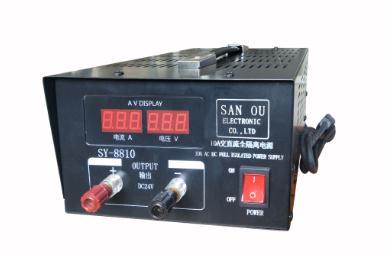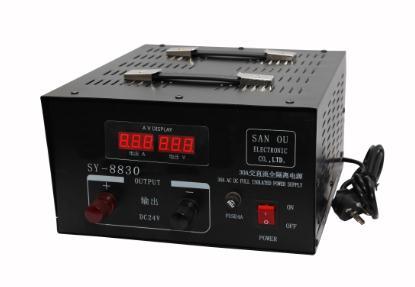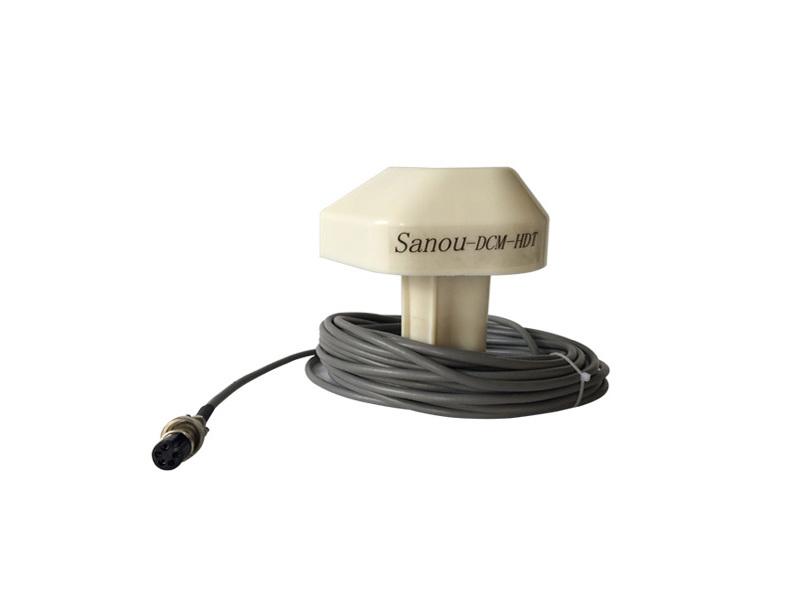News Center
Understanding Marine Radar Socket Plugs: Essential Components for Safe Navigation
At their core, marine radar socket plugs connect radar systems to the ship's electrical systems. These connections allow radar units to receive the power they need to operate, enabling them to send and receive signals that assist in detecting other vessels, navigating through challenging waters, and identifying potential hazards. The reliability of these connections is paramount; any failure could lead to navigational errors and compromise safety at sea.
When selecting marine radar socket plugs, a few critical factors should be considered. Firstly, compatibility with existing radar systems is essential. Different radar systems may require specific types of plugs based on voltage, current, and connector design. Ensuring that the socket plugs are compatible with the radar equipment can prevent operational issues and enhance the overall functionality of the navigation system.
Secondly, the environmental conditions in which these plugs operate are crucial. Marine environments can be harsh, often exposing equipment to moisture, salt, and corrosive elements. Therefore, it is imperative to choose socket plugs that are designed for marine applications and made from materials that withstand corrosion and environmental degradation. Utilizing plugs that meet industry standards can significantly increase the longevity and reliability of the radar systems.
Moreover, regular maintenance and inspection of marine radar socket plugs can help prevent unforeseen failures. Professionals should ensure that connections are secure and free from corrosion, and that any wear and tear are addressed promptly. This proactive approach can enhance the safety and efficiency of maritime operations.
In conclusion, marine radar socket plugs are indispensable components that facilitate the effective operation of radar systems in maritime navigation. Their role in ensuring reliable connections between radar units and power sources cannot be overstated. By understanding their functionality, compatibility, and the importance of maintenance, professionals in the maritime industry can enhance the safety and efficiency of their operations. Investing in high-quality marine radar socket plugs is not just a technical necessity, but a fundamental aspect of ensuring safe navigation on the high seas.
Related News
Understanding the Benefits of a 1 in 4 Out Signal Distributor for Electronic Components
Understanding the Benefits of a 1 in 4 Out Signal Distributor for Electronic Components Table of Contents 1. Introduction to Signal Distribution 2. What is a 1 in 4 Out Signal Distributor? 3. Key Advantages of Using a 1 in 4 Out Signal Distributor 3.1 Enhanced Signal Integrity 3.2 Improved Signal Distribution Efficiency 3.3 Flexibility in System Desi
Understanding the 1 in 10 Out Signal Distributor: A Key Component in Optoelectronic Applications
A 1 in 10 out signal distributor is a specialized electronic device that takes a single input signal and replicates it across multiple output channels—in this case, ten outputs. This function is crucial in various applications, including telecommunications, broadcasting, and data transmission systems. The ability to distribute a single signal to multiple outputs ensures that information can reach
Unlocking the Benefits of the Furuno 1831 Radar with a Quality 24 Pin Square Plug
Unlocking the Benefits of the Furuno 1831 Radar with a Quality 24 Pin Square Plug Table of Contents 1. Introduction to Furuno 1831 Radar 2. Key Features of the Furuno 1831 Radar 3. Advantages of Using a Quality 24 Pin Square Plug 4. Installing the Furuno 1831 Radar with a 24 Pin Square Plug 5. Maintenance Tips for Optimal Performance 6. Troubleshooting Common




